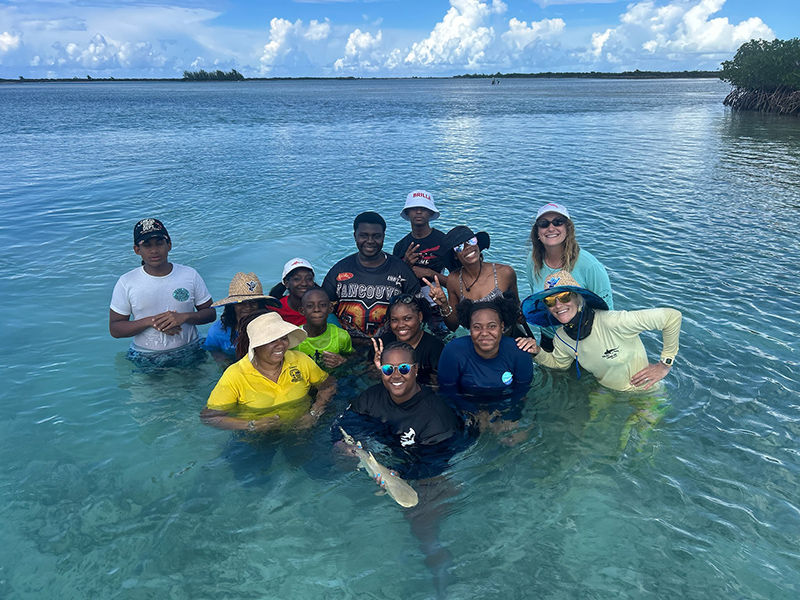Meet Sharks4Kids Regional Ambassador Dan Abbott
- Sharks4Kids

- Feb 6, 2017
- 4 min read
Dan Abbott is an amazing drummer, but he is also extremely passionate about sharks, shark diving and shark education. After a 2 month internship with White Shark Africa, he returned to the team to work as a conservation and media coordinator. Dan currently works as an environmental educator at the Colchester Zoo and will being school visits through the UK to educate students about sharks. He will also be creating educational videos for Sharks4Kids! We are thrilled to welcome Dan to the team!

1. What is your favorite shark and why?
My favourite shark is without question the great white. This is the shark I used to watch for hours and hours in documentaries on TV, and when I was very young my gran made me a soft toy great white shark, which I named Tigger. I have a lot of love for many other species, but the great white is at the top of the list. When you then get on to their power, grace, speed and so on, they really start to blow your mind.
2. What is one species of shark you would like to see?
After doing many dives at the Aliwal Shoal, a place known for tiger sharks, and not seeing one, it would have to be the tiger shark.
3. Can you tell us a little bit about your experience as an environmental educator and what made you want to do this work?
When I was younger my dream was to be a wildlife film maker, but never really gave it much more thought than that. After a bit of traveling and seeing a white shark for the first time, I got myself into an internship program in South Africa, and then made sure I got a job at the end of it!
In 2015 I worked as the conservation co ordinator for White Shark Africa, a great white shark cage diving operator in Mossel Bay. My role was to try and change the perceptions of those on the boat with us, although in truth, the sharks do that themselves. I was also involved in helping to run the internship program there, where people would come from around the world to spend a month with us. This involved diving trips, schools talks, working at a penguin rehab centre, tagging trips and breaching trips. I also started a monthly event in the town for locals to come and learn about the sharks they live with, the event still runs today.
4. What has been one of the most amazing moments you’ve had/seen with a shark?
Anyone thats been in the water with a shark will tell you when you look at each other there seems to be a connection, usually curiosity on both sides. I’ve had that moment with a number of sharks, but the one that stands out is with a female great white called Sweetheart (named because of a heart shape marking at the base of her dorsal fin).
I was standing at the back of the boat chumming, and as I looked back into the water to drop some chum, there was sweetheart, with her head out of the water, looking up at me. It was almost as if she was standing on her tail. She had come up so quietly, it wasn’t just me that didn’t notice, all the fish around the back of the boat were unaware as well. She hung in the water for about 4 or 5 seconds then kicked into life and swum back around the boat.

5. What is the most challenging part of working with ocean animals?
The most challenging thing is also one of my favourite things about them, they don’t work to your timetable. We could be out on the ocean for hours and hours, in an area we would expect to see sharks, and you see nothing. Then some occasions when you aren’t expecting to see them (like as you’re are about to drop the anchor) a shark swims by beneath you.
6. Why do you think shark education is important and why is it something you want to share with students?
Education is vital, and not just about sharks. It’s important to get a better understanding of them because most of what you hear about sharks comes from a place of sensationalist media reports, so it’s no surprise most of us have a misunderstanding of sharks.
But it’s not just about trying to convince people they aren’t all bad, its bigger than that. The role sharks play in the ocean is vital, as is every top predator on the planet. If we are going to conserve our world, we need to protect it better, and if we are going to protect it better, we need to have respect for it. That’s why it’s important to educate young people about their world, and about sharks. Nelson Mandela once said, Education is the most powerful weapon you can use to change the world.





















